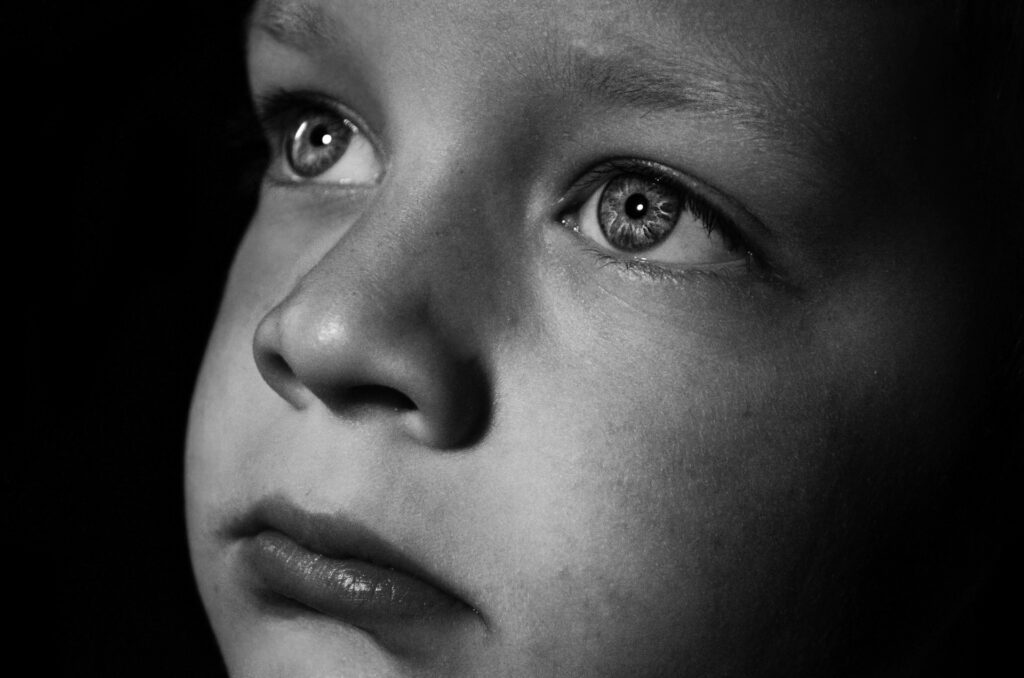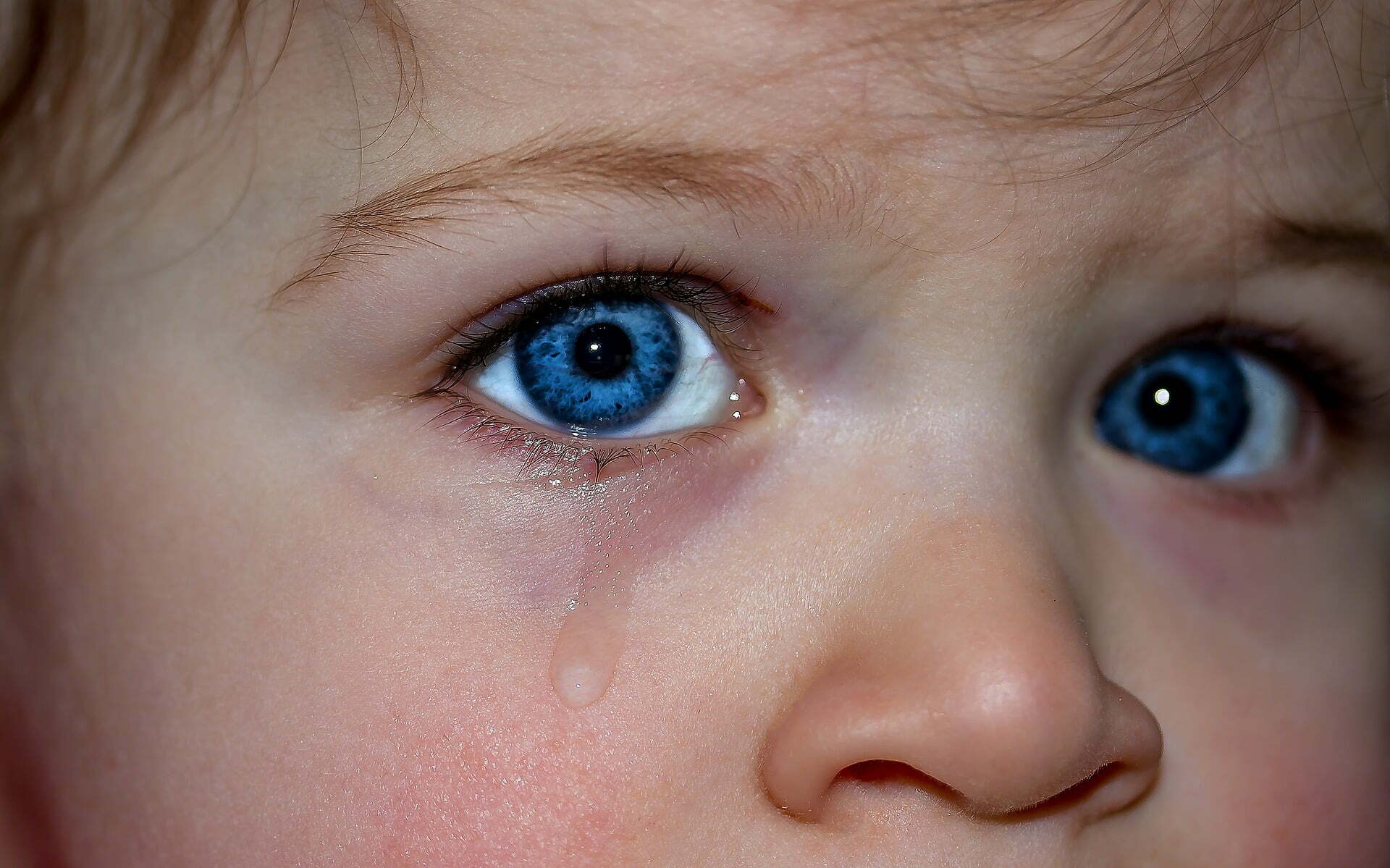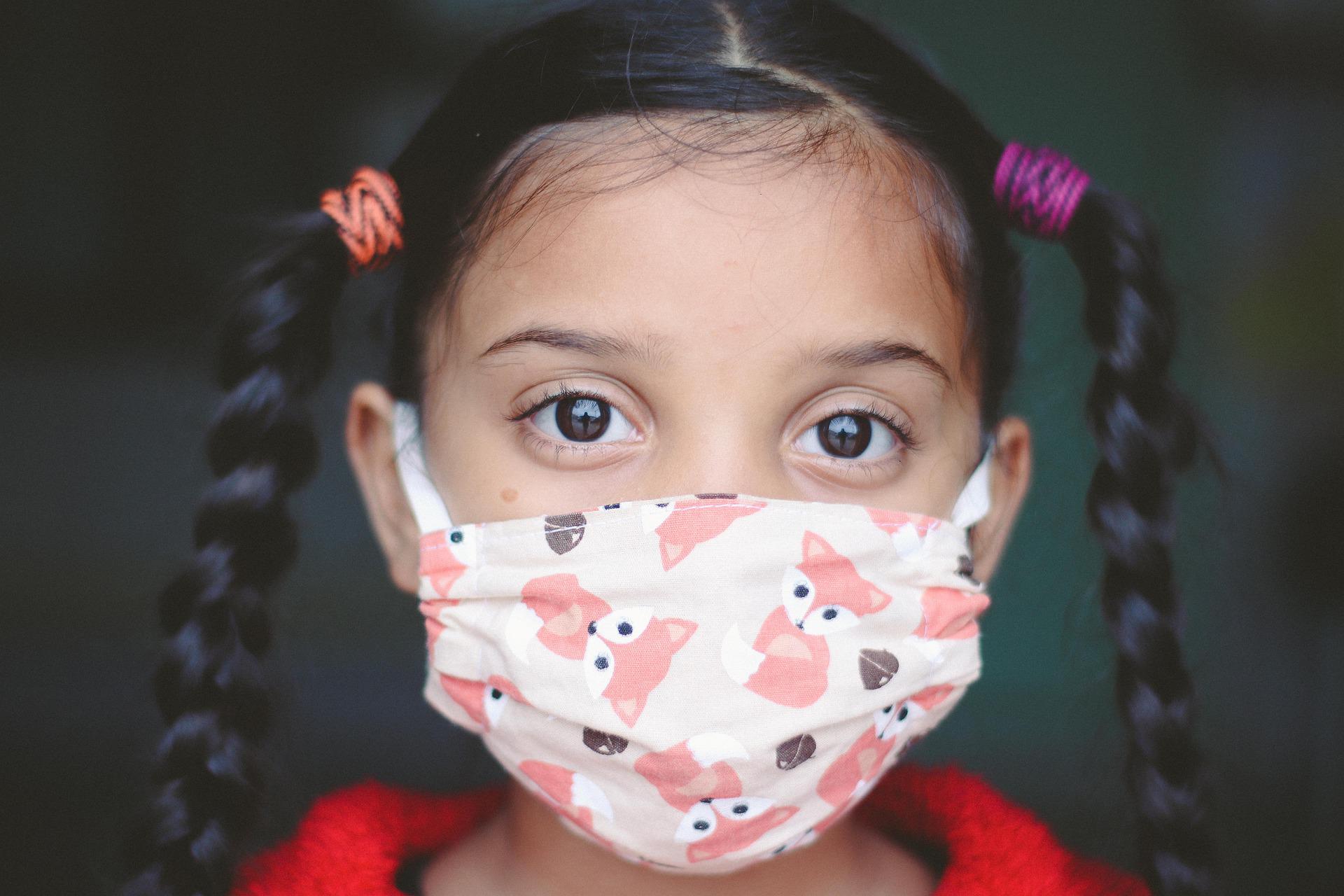Do you seriously want us to keep believing, that the U.S. is a democratic and modern country?

In the media, we often see claims that the U.S. is the leader of the free world.
I do not know whether I should laugh, or cry. Those claims are extremely far away from reality. The U.S. is in fact a fascist state. Children, who cannot go to school without being shot are not free. And now, they allow teachers to beat their children again.
I cannot even comprehend, how this is still a thing in 2021. What’s worse is, that corporal punishment is still legal in 19 states.

Image by Theshibboleth, CC BY-SA 3.0, via Wikimedia Commons
Well, it turns out that Americans are really serious about being a backward country. You can make memes about the Soviet Union, or developing countries all you want. The fact is, that the U.S. is no better at all.
Corporal punishment is in direct opposition to freedom and democracy. If you have a democracy, you recognize that children are human beings. Human beings have rights. Those rights are universal. That is why we drafted the declaration of human rights some 70 years ago. Because we recognize children as humans as well, they have their own set of universal rights. And guess what these rights are?
Article 19
Convention on the Rights of the Child
1. States Parties shall take all appropriate legislative, administrative, social and educational measures to protect the child from all forms of physical or mental violence, injury or abuse, neglect or negligent treatment, maltreatment or exploitation, including sexual abuse, while in the care of parent(s), legal guardian(s) or any other person who has the care of the child.
This is all there should be to say about it, really. But let us elaborate a bit. Let us see, why modern societies outlawed corporal punishment.
Corporal Punishment Does Not Work
Look, I get it. Your kids drive you nuts. As a teacher, I have been in this situation more than once. They do not always follow rules. Sometimes they do dumb stuff. And sometimes, they can be mean. But guess what? They are kids. Their brains are not fully developed. Especially younger kids cannot always judge the consequences of their actions. Our job as adults is to nurture them and show them a path to becoming responsible adults. We do this by example.
Yes, believe it or not, children learn from examples. They look at us adults and copy their behaviors. I ask you, what did you teach a child, that you gave a good beating? You taught the child that when they are overwhelmed, it is okay to lash out at others. You also taught the child, that they can enforce their will by being cruel to others.
A lot of the adults that are in favor of corporal punishment conflate fear with respect. They say things like “We need to teach these children respect.” Those two are not the same. Yes, punishment will instill the desired behavior in the short term. But you can be sure, that the child will not confide in you when something is not going right.
Also, you take away vital learning opportunities from the child. The child learns, that when he or she makes a mistake, it is best to cover it up, rather than be open about it. Would you be honest and open about your mistakes, if you knew that the only response you get is a beating?
Corporal punishment seriously harms children’s self-esteem. Getting beaten or yelled at is a traumatic experience for a child. In the long term, this will lead to low self-worth, which comes with its own set of issues. I know from personal experience.
Teachers, if You Shout or Use Corporal Punishment, You Lost
It’s a harsh statement, I know. Have I shouted at a child during my career? Yes, I have. And I still regret every single instance it happened. The harsh truth is, that we teachers need to earn the respect of our students.
This does not mean, that children’s actions do not have consequences.
But really, there are only two types of consequences. Natural consequences, and logical consequences.
- Natural consequences are consequences, that occur without adult interference. For instance, a student leaves his school bag outside. Then forgets about it. Now he will not be able to use his school books.
- Logical consequences are consequences that we adults put in place. But they are directly related to the problematic behavior. Say I catch my student using the mobile phone during class. I will confiscate the phone so the parents can pick it up later at the office. The students know this upfront.
It is important, that the rules we make are transparent and logical. That is the issue with corporal punishment. The consequence is not natural, and not logical. Plus, it is not transparent, when the child actually crosses the line. Some teachers have more patience than others. That is human. But it does not make it easier for the child.
It is very important that we emphasize this to coming teachers. And yes, we all make mistakes. I think all teachers have lost it from time to time. But it takes a long time to rebuild the respect, and the relationship with the child, once it happens. With corporal punishment, we deny ourselves the opportunity to become better teachers.
Corporal Punishment Belongs to the Past for Good
I cannot conceive any reasons that speak in favor of corporal punishment in schools. It is a backward practice, which disrespects the personal integrity of the child. It is therefore not compatible with modern, democratic societies. Most modern countries banned this practice long ago, and for good reasons.
The fact, that this practice is still legal in the U.S. is beyond comprehension. As is the case with a whole bunch of contradictions in America. Like blatant racism, lack of healthcare, or lack of respect for basic women’s rights. Until Americans get a handle on this, I can not take their claim as leaders of the free world seriously. It is just laughable.




